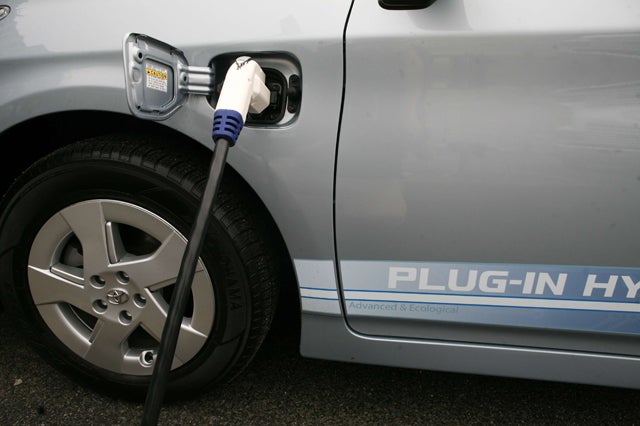The Energy Department’s inspector general released a report recently highlighting the lack of financial oversight in the Department’s electric vehicle funding program. The report underscores problems with some of the program’s beneficiaries highlighted here at Scibe and under scrutiny by congressional investigators.
The IG report focuses on DOE’s Transportation Electrification Program, which is part of the president’s stated goal of getting a million electric vehicles on the road by 2015.
The report states:
the Department had not obtained and reviewed required financial and compliance audits and cost reports for the Program’s six for-profit recipients to determine the financial condition of the recipients; the reasonableness of costs expended under their awards; and, the adequacy of internal controls and compliance with laws and regulations.
One of the TEP’s main initiatives, the EV Project, has allocated $126 million to Ecotality, a company that manufactures electric vehicle charging stations. The most recent grant came even after the Securities and Exchange Commission began investigating the company for insider trading.
Meanwhile, Ecotality is in dire financial straits. “We have a history of losses which may continue and may negatively impact our ability to achieve our business objectives,” the company wrote in a recent SEC filing.
Ecotality posted net losses of $22.5 million in 2011, and remains reliant on continued federal financing. “A large percentage of our revenues depends on the progress of our activities under grants from the DOE,” according to the filing.
Congressman Andy Harris (R-MD), who chairs the House Energy and Environment Subcommittee on Science, Space, and Technology, has looked to the DOE for answers on the apparent lack of oversight on in the program. He highlighted the IG report in a recent letter to the Department.
The report “further reinforces my concerns and highlights the need for greater Congressional oversight of, and transparency related to, the advanced vehicle initiatives and green energy spending in general,” Harris wrote.





























